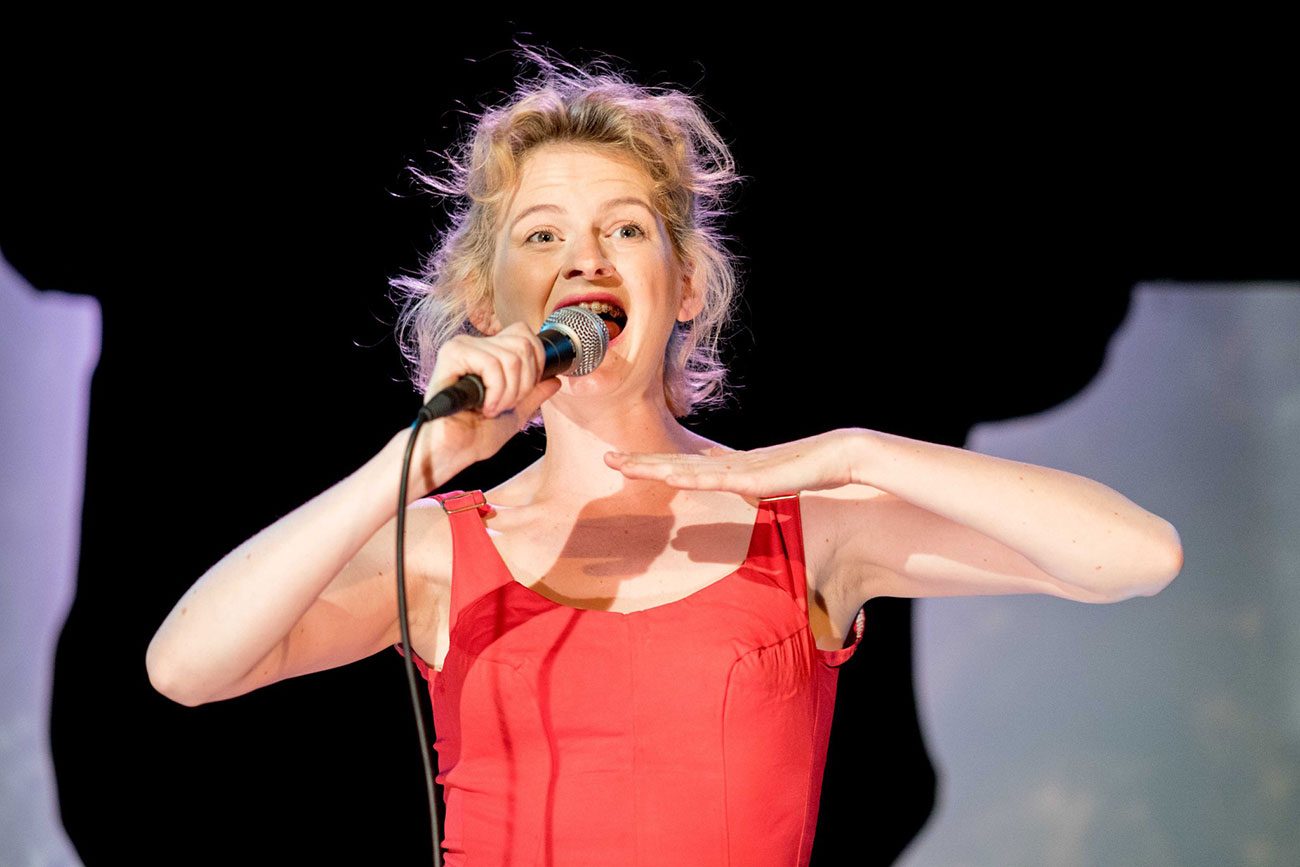The news emerged this week that poetry sales have rocketed in the last year with £12 million in total sales.
Why is this? Undoubtedly, the increase has been fuelled by the uncertain, troubled times we are in.
A divisive and derided US President, the worst political chaos in the UK in living memory, and the ugly threat of climate change all cast a shadow over our lives. We are not as ‘strong and stable’ as we like to think.
Casting about for reassurance and insight, people are reaching for poetry as a form of consoling voice. Not that poetry has the answers. Patently, it doesn’t. But it provides a cathartic form of release.
We’re not alone
That’s especially true at times of great change in our lives – especially funerals, weddings, as Yorkshire poet Helen Mort pointed out on BBC Radio 4 the other day.
During life’s rites of passage, poetry provides a consoling voice. “We read to know we’re not alone” – as C S Lewis once said. Poetry reminds us we’re not alone, that we are part of a human family.
a
The internet, for all its power, has, paradoxically, been part of a barrage of social changes that have not encouraged social cohesion. We live atomised, separated lives.
And people want poetry as a way of reclaiming their place in the human gang. Most of us don’t want to exist in a vacuum.
There’s not a single human experience or interaction that poets haven’t confronted – love, sex, anger, betrayal, doubt, despair – you name it, poetry’s been down that path before. And it presents its truth in a way that is more pithy than other forms of literature.
When Neil Astley compiled his celebrated collection of poetry anthologies a few years ago, he called the first one Staying Alive, because at heart poetry focuses on what it means to be alive, with all the anxieties and struggles that it brings.
It’s particularly good at times of loss and bereavement. Who can forget the scene in Four Weddings And A Funeral when John Hannah, playing Matthew, recites Stop All The Clocks by the York-born poet WH Auden? It was a moment of unequivocal power. We’d all been there.
Lively poetry scene
In York, poetry is alive and well. The York Mix / York Literature Festival competition draws hundreds of entries each year from across the UK. Antony Dunn leads the poetry school sessions at Friargate.
Carole Bromley’s Stanza group, dissecting writing by its members, meets once a month, and it’s hard to find space at the table.
Henry Raby’s nights (including Say Owt) provide a platform for performers of all kinds. Bernie Cullen leads poetry walks at the Eboratum near Castle Howard.
Oz Hardwick and Abi Curtis live in York and encourage students at local universities.
My own exploration of poetry will result in a third collection with Scarborough’s Valley Press, a home for many Yorkshire poets.
Poetry invites participation. People are drawn to its ability to pithily summarise what they are going for. You could quibble with the style, and the syntax, but that very human need to write out what we are experiencing, with all its grief and delight, is fulfilling and empowering.
Poetry’s not going away any time soon. Three cheers for that.
Miles Salter plays at The Crescent in York on 15 February 15th with his band, The Chain Gang. His latest collection with Valley Press, Fix, will be out later this year

